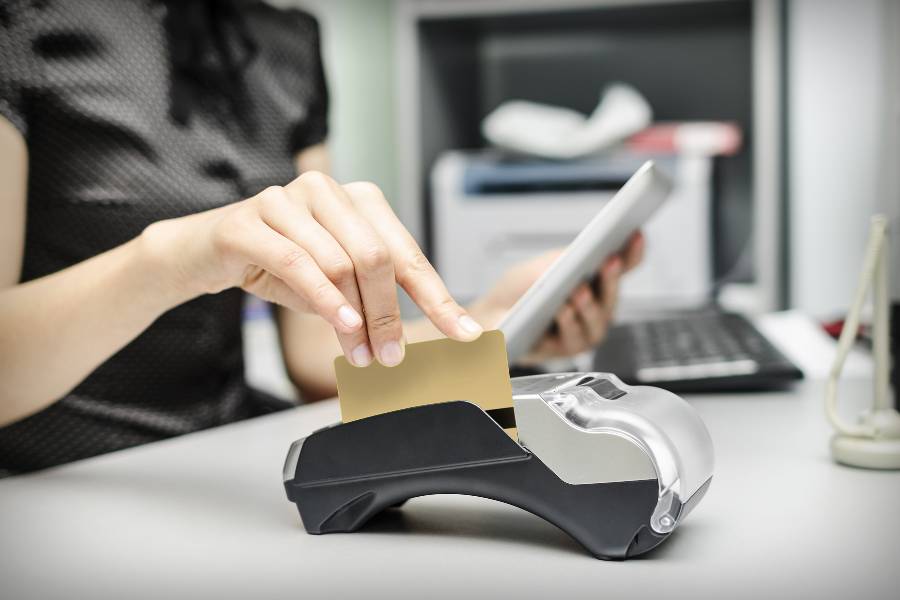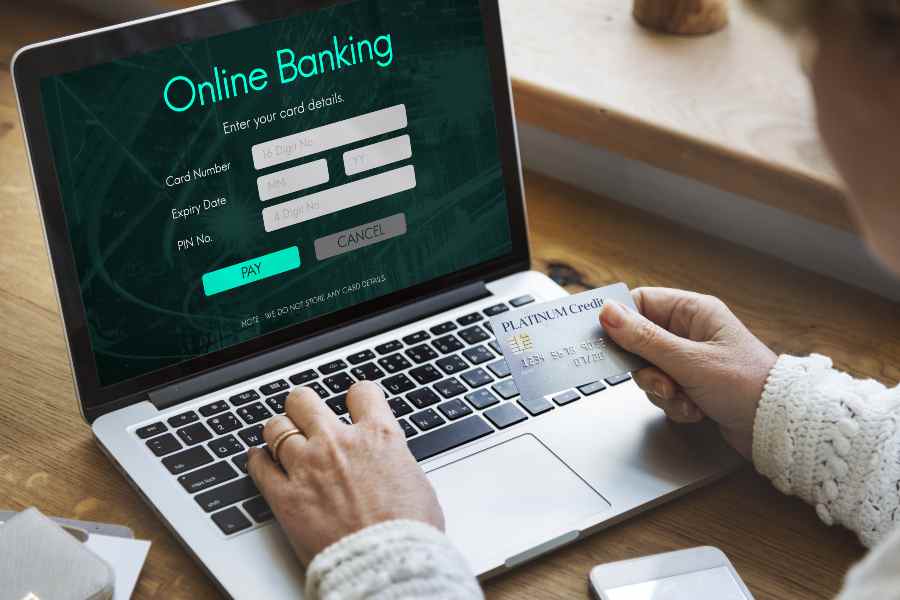The main differences between retail banking and commercial banking are the type of products offered and the communities they serve.
Retail Banking vs Commercial Banking: A Comprehensive Guide
This article is part of a larger series on Business Banking.
The two most prevalent business banking models are retail and commercial. Retail banking primarily focuses on the general public, covering individuals, communities, and small businesses. Commercial banking, on the other hand, offers products and services that are beneficial to business customers. Deciding which option is right for you will likely depend on your business model and your long-term business goals.
Banking Model | Retail Banking | Commercial Banking |
|---|---|---|
Consumers Served | Individuals, communities, small businesses, families, limited commercial banking customers | Large companies, government entities, institutions |
Products Offered | ||
FDIC Insurance | Standard maximum amount of coverage offered is $250,000 per depositor, per bank; customers have additional options, such as sweep networks, ICS, and CDARS | |
Online Banking | Yes; can even download a mobile app depending on the bank | Yes; can use either standard or business/commercial online banking |
When to Use Each
Products of Retail Banking vs Commercial Banking:
If you’re looking at the product offerings for commercial and retail you will notice some similarities and some differences. The chart below shows banking products and where they are likely to be utilized.
Product | Retail Use | Commercial Use |
|---|---|---|
Checking, Savings & Money Market Accounts | ✓ | ✓ |
Cash/Check Deposits & Withdrawals | ✓ | ✓ |
Mortgage Loans and Home Equity Loans | ✓ | ✕ |
Certificate of Deposit | ✓ | ✓ |
Club, Custodial, HSA, Retirement & Trust Accounts | ✓ | ✕ |
Commercial Equipment & Commercial Real Estate Loans | ✕ | ✓ |
Credit Cards | ✓ | ✓ |
Vehicle Loan | ✓ | ✓ |
Treasury Management Services | ✕ | ✓ |
Online Banking & Mobile Deposit | ✓ | ✓ |
Mobile Deposit | ✓ | ✓ |
SBA Loan | ✕ | ✓ |
Line of Credit | ✓ | ✓ |
Investment Banking | ✕ | ✓ |
Safe Deposit Box | ✓ | ✓ |
Foreign Currency Exchange | ✓ | ✓ |
For a one-stop shop where you can take care of your commercial needs along with your retail needs, you may consider a traditional bank like Bank of America. It offers an extensive retail product line along with a commercial division to service those needs as well. Bank of America also offers reward programs and provides business support services. There are many other banks offering similar products. You can review our choices for the best small business checking accounts to help you find the one that’s right for your business.
FDIC Insurance: Commercial Banking vs Retail Banking
The Federal Deposit Insurance Corporation (FDIC) offers coverage for retail and commercial banks alike. The maximum amount of coverage offered is $250,000 per depositor, per bank. Business owners have other options available if they tend to carry balances over $250,000.
Online Banking Experience: Commercial Banking vs Retail Banking
Online banking has become an integral part of account monitoring with the advancement of technology over the years. It’s a feature we depend on to keep tabs on our finances in real time. The type of account you have has a significant bearing on the options available to you when you log into your online banking portal.
Nearly every retail bank has a version of online banking. Some of the online banking platforms also have the option for users to download a mobile app, which makes money management easier when you’re on the go. Once you log in, you can pay bills, make cash transfers between accounts, and make mobile deposits.
Meanwhile, if you have a commercial account, you have two options. You can use:
- Standard online banking available for retail customers; this would show your business account on the basic online banking platform with limited options
- Upgrade to business/commercial online banking; usually, this is a paid service that will allow you to add a variety of treasury management services to your login.
These options give you greater flexibility and alleviate many trips to the bank.
Treasury Management Services Available to Businesses Through Online Banking
- ACH stands for Automated Clearing House. It allows business owners to send money electronically between banks and credit unions
- Remote Deposit Capture is a method used to scan physical checks through a check reader. The checks are grouped into a batch and a deposit is presented to the bank electronically.
- Domestic and international online wires provide a way to send money to a particular bank, person, or business using ABA numbers for domestic wires and SWIFT or BIC codes for international wires.
- Payroll is a service offered by banks that allows business owners to process payroll files directly through their online banking without engaging a third-party payroll service.
- Merchant services allow business owners to accept credit and debit cards as a form of payment in physical stores or using online payment portals.
- Positive Pay is a service that protects business owners against check fraud.
- How it works:
-
-
- A check file is uploaded daily by the business with all checks in circulation that will be presented to the bank.
- All checks that are a match to the file are automatically cleared since it is considered a positive match, and any check that is not a match is added to a return file.
- This file is sent to the account holder so they can decide if the check should be paid or returned. The account holder has a limited amount of time each day to override the decision to return the item.
- Checks that are not decided by the account holder or that are marked fraudulent when the decisions are made are returned to the Federal Reserve.
-
Frequently Asked Questions (FAQs)
The main difference between retail and commercial banking is the products and services offered. Retail banking caters to people, communities, small businesses, and families. Commercial banks serve large companies, government entities, and institutions.
The time to switch will be different for each business model. You may notice your business has started to outgrow the products and services at your retail bank. If you are exceeding the maximum transaction limit on a regular basis that may indicate a change is necessary. Switching to a commercial bank will likely give you more robust options for Treasury Management Services and an upgraded version of business online banking. Also, if you continually exceed the maximum FDIC insured balance of $250,000, it may be time to look at commercial banks that offer sweep options to ensure all your deposits are protected.
Many businesses take advantage of treasury management services since they make money management easier. These services may include ACH, Remote Deposit Capture, Domestic and International wires, positive pay, payroll, and merchant services. Other commercial options include commercial equipment loans, SBA lending, Investment banking, and commercial real estate loans.
Bottom Line
There are two banking models available for business owners: retail banking and commercial banking. The key differences between the two are the products they offer and who those products are designed to serve. Retail banks serve consumers and have limited product offerings for businesses. Commercial banks only work with business customers which allows them to offer a larger variety of business products and a robust platform for financial management. When choosing, try comparing the products available against the needs and goals of your business to find the best option for you.


